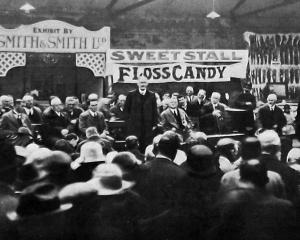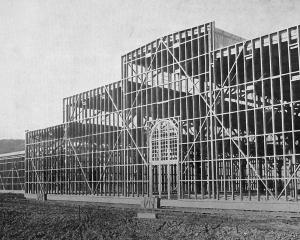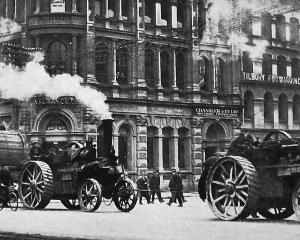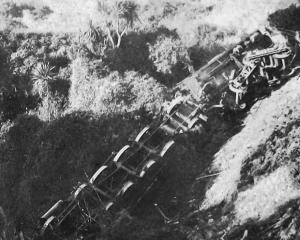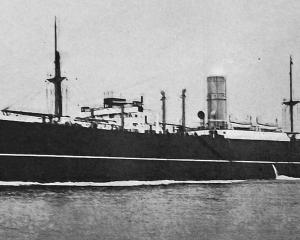Sir Arthur Conan Doyle's advocacy in the Fortnightly Review of the construction of a tunnel under the English Channel revives an old subject of controversy.
The project is by this time almost historical. More than half a century ago it first received attention and it has been the subject of periodical discussion in later years. In 1907 a recrudescence of the agitation on the English side for legislative sanction for the undertaking brought about an active revival of the controversy which has always surrounded the proposal.
The movement at that time was effectually stopped by a statement in the House of Commons by the Prime Minister in the course of which he observed: ''Briefly, I may say that our view of the public interest leads us to be opposed to this project of a tunnel. Even supposing the military dangers involved were to be amply guarded against, there would exist throughout the country a feeling of insecurity which might lead, to a constant demand for increased expenditure, naval and military, and a continual risk of unrest and possibly alarm which, however unfounded, would be most injurious in its effect, whether political or commercial.
''On the other hand, there has not been disclosed any such prospect of advantage to the trade and industries of the country as would compensate for those evils. And as to the personal convenience of passengers and the transit of light articles, it seems well that further consideration should be given to other means of conveyance such as are used in the ferries across great channels of the sea in other parts of the world. These considerations lead us, while rejoicing in anything that facilitates free communication with our neighbours, to view this project with dis-favour.''
The channel tunnel would have been an accomplished fact years ago but for the opposition shown to it on the English side. That opposition was based on adverse reports by the British military authorities. It is rather curious, in the circumstances, to find Sir A. Conan Doyle advocating the building of the tunnel as essential to the safety of Great Britain and urging that its construction would enable British troops to avoid the dangers of transport by sea and that the United Kingdom would be enabled to secure food supplies more readily than under existing conditions.
It is doubtful if the prospects of the Channel tunnel scheme have improved at all from the English side. The military verdict was sufficient to kill the proposal in 1907, and it would no doubt be the same in substance and results to-day. Probably no serious effort to revive the proposal in the near future is even to be anticipated. It seems to be well established that the consensus of British public opinion is strongly opposed to the idea of joining England and France by means of a tunnel.
• A Balclutha resident who recently cycled from Alexandra to Roxburgh, and thence via Crookston to Tapanui and Clinton, reports that the rabbits in Central Otago are in millions-swarming on land that in parts would not feed a goat. The Free Press states that the gentleman referred to is familiar with most parts of New Zealand, and he says he never saw anything like the multitudes of rabbits he met with in Central Otago. In some places the ground seemed to be a moving mass of the small animals. - ODT, 22.2.1913.




